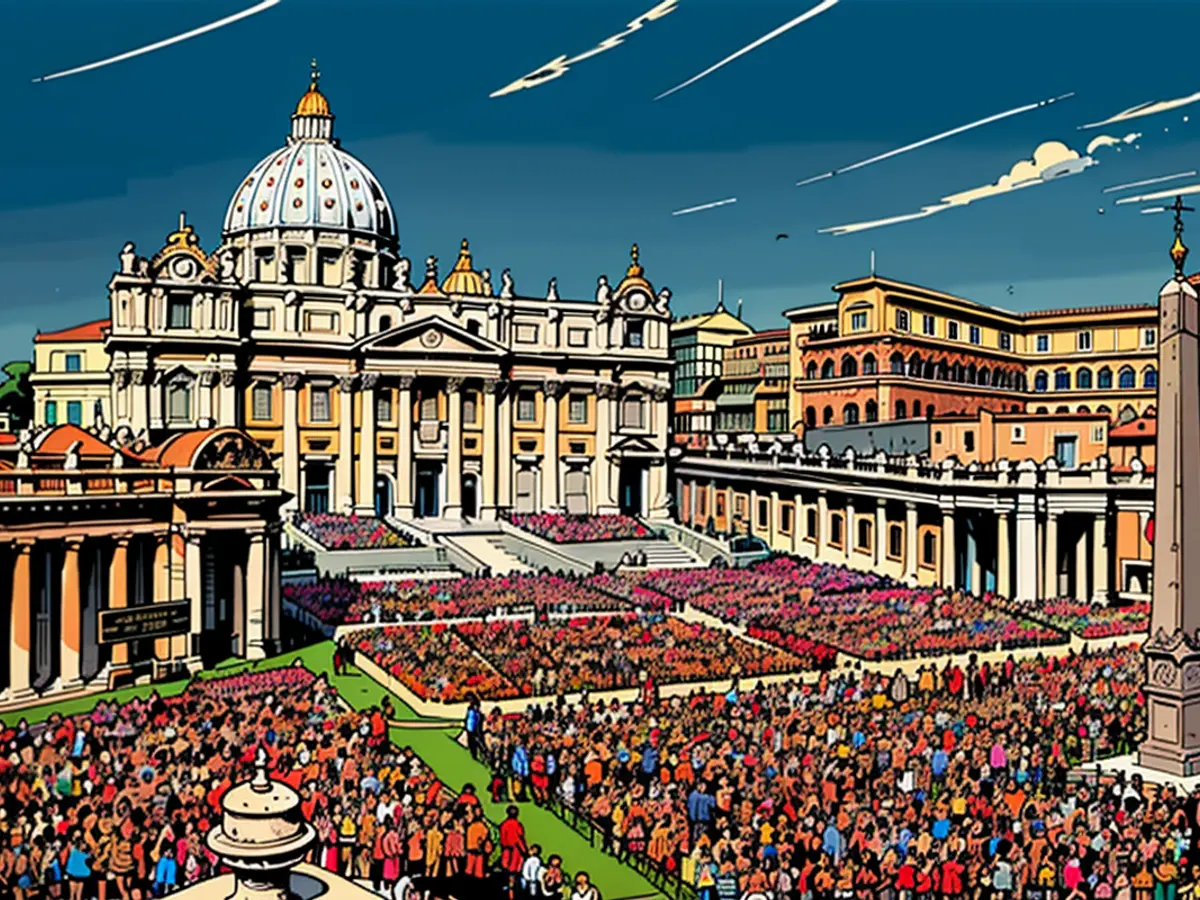Alternative energies - Vatican to be supplied with solar energy in future
The Vatican is intended to be completely powered by solar energy in the future. In a writing named "Brother Sun," Pope Francis ordered the construction of a photovoltaic plant on a piece of land north of Rome that belongs to the Vatican City as extraterritorial territory. The plant at Santa Maria di Galeria is not only intended to supply the power needs of the Radio Vatican broadcasting station located there, but the entire Vatican.
"A transition to a sustainable development model must take place, which reduces the emission of greenhouse gases into the atmosphere with the goal of neutrality," it says in the letter signed by Francis. Humanity has the technological means to facilitate this ecological transformation and its harmful social, economic, and political consequences. Solar energy is part of this.
Pope Francis is very concerned about the environment.
With the construction of the plant, the Pope wants to contribute to the efforts of all states to find an appropriate response to climate change in accordance with their respective responsibilities and capabilities. It was initially unclear when exactly the photovoltaic plant at Santa Maria di Galeria would be installed and put into operation.
Pope Francis is very concerned about the environment. In the spirit of his encyclical "Laudato Si'" from 2015 and his Apostolic Letter "Laudate Deum" from 2023, the Vatican aims to become climate neutral. Last year, Francis decided to replace the entire Vatican fleet with electric vehicles by 2030.
- The Vatican, aiming to be energy self-sufficient, is embarking on a project to fully harness solar energy.
- This transition is led by Pope Francis, who ordered the construction of a photovoltaic system on Vatican City's extraterritorial land north of Rome.
- Known as Santa Maria di Galeria, the plant will not only power the Radio Vatican but cater to the Vatican's overall energy needs.
- In his pursuit of environmental policy, Pope Francis believes humanity has the technology to foster an ecological transformation through alternative energies like solar power.
- The Pope's environmental concerns extend beyond the construction of the solar plant, as evidenced by his calls for sustainable development and greenhouse gas reduction.
- In line with these goals, the Vatican intends to transition into a climate-neutral state, following the teachings in the Pope's encyclical "Laudato Si'" and Apostolic Letter "Laudate Deum."
- Last year, the Church further demonstrated its commitment to the environment by deciding to replace its entire fleet with electric vehicles by 2030.
- By building this solar plant and transitioning to electric vehicles, the Vatican under Pope Francis continues to show leadership in promoting environmental solutions and alternative energies like solar power.








